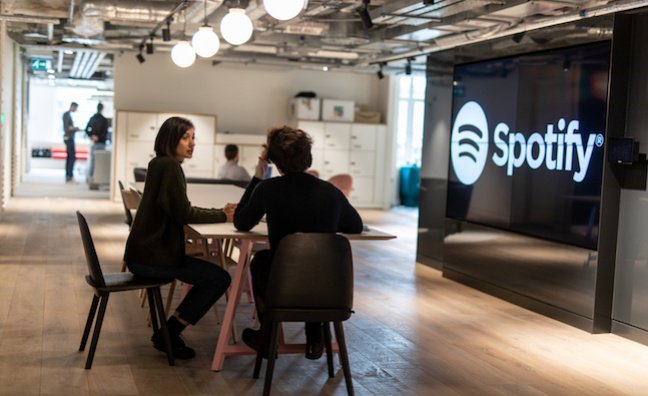Tech Companies Continue To Shape The Way We Work

How Technology Has Changed The Workplace
Silicon Valley tech giants, like Google and Facebook, have consistently featured among the most progressive and sought-after places to work. With state-of-the-art campuses, sometimes the size of a small town, they are prepared to satisfy their employees’ every whim, be it an egg-shaped office pod, an all-year-round bring-your-dog-to-work policy or even remote working (revolutionary idea in the pre-pandemic world). However extravagant some of the perks may have seemed, they have inspired many businesses across the globe to re-think their office policies and bring a little more fun and flexibility into the work life.
As of lately, these visionaries have been joined by Spotify, thanks to its bold initiative allowing its employees to work from anywhere starting from this summer. Its new flexible working scheme ‘My Work Mode’ will give staff choice over whether to work full-time from the office, from home or a combination of the two. To enable a truly flexible approach, the tech company is planning to support its employees with co-working space membership if they’re working far away from a Spotify office. Initiatives like this are worth more than all the bean bags and craft beers on tap in the world, signalling a simple yet very powerful message: we trust you to choose the best thing that works for you, and we truly care about wellbeing and productivity.
As expected, not all corporates share the same enthusiasm for flexible working – Goldman Sachs’ boss David Solomon, for example, has referred to working from home as an aberration that needs to be corrected as soon as possible, despite employee sentiment surveys indicating strong support for a hybrid approach.
One of the few good things to have come out of the pandemic is the realisation that we all need different things to thrive – for some, a busy office environment is a breath of fresh air and the only chance to get away from flatmates and noisy neighbours; while others find it easier to concentrate at home in their own study and home comforts.
It is mind-boggling to think that in 2021, at a time when we no longer use pigeons to deliver mail and send rovers to Mars, so many people still believe we need to be in the same open space as our colleagues to be able to do our jobs well, even if that means spending four hours a day commuting.
There is no question about the need for offices – our personal experiences and data point to the fact that working from home full-time is not desirable. According to a recent survey by the Royal Society of Public Health UK, 67% of workers felt less connected to their colleagues while working from home, and more than half found it more difficult to switch off, with more than a third experiencing sleep issues. But there were also positive things, for example, more time spent with family members, better concentration and fewer unnecessary meetings.
Now that we’ve learned from the biggest homeworking experiment on record, it is clear that variety and flexibility have the potential to create a better work-life balance for employees while also helping firms secure the right people for the job, wherever they are.
It would be naïve to expect a flurry of other companies to follow Spotify’s suit and hand the decision-making power over to the employee, but hopefully, its latest announcement will give executives food for thought and a little bit of inspiration.

